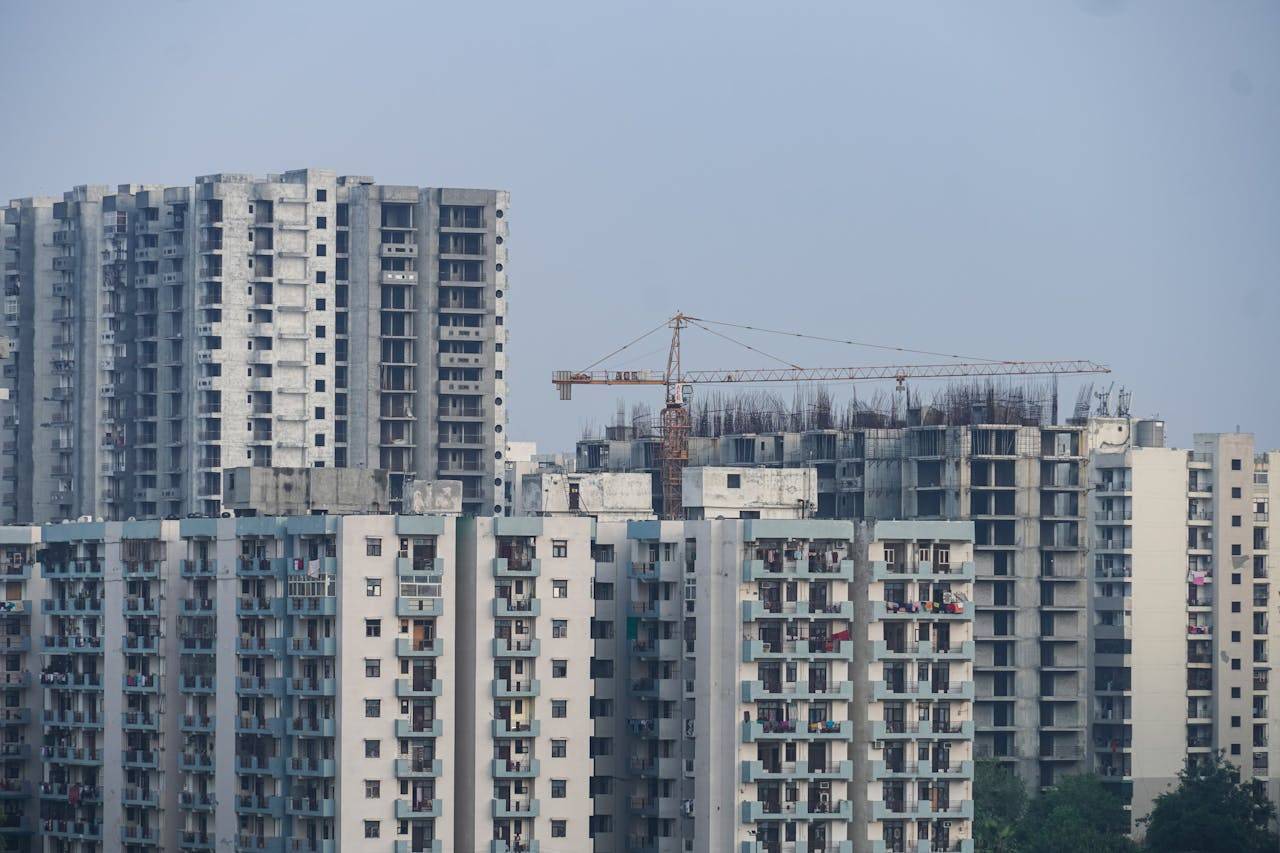Homebuyer forums in Bengaluru have filed formal objections with the Karnataka Real Estate Regulatory Authority (KRERA), opposing the Bengaluru Development Authority’s (BDA) request to be exempted from the Real Estate (Regulation and Development) Act, 2016 (RERA). The opposition highlights ongoing delays in multiple BDA housing projects and the potential risks to allottees if the statutory framework of RERA is bypassed.
The BDA has argued that its operations are governed exclusively by the Bengaluru Development Authority Act, 1976, describing it as a “self-contained code” repeatedly upheld by the Supreme Court. The authority submitted that it cannot be classified as a ‘promoter’ under Section 2 of RERA, since its role is primarily statutory, focusing on city planning and development rather than commercial real estate promotion.
In its submissions to KRERA, the BDA stated that project completion depends on the government’s land acquisition process, which is often subject to litigation. The authority emphasized that large-scale development projects require significant resources and time, making strict timelines under RERA impractical. It further argued that applying RERA provisions would hinder its ability to deliver affordable housing, given the complexities of land acquisition, legal delays, and the need to cross-subsidize infrastructure development through housing projects.
Homebuyer groups, including the Karnataka Homebuyers Forum, have strongly opposed the BDA’s plea, arguing that the exemption would leave thousands of allottees without legal recourse. The forums highlighted delayed projects such as the BDA Gunjur Apartments and Kempegowda Layout, which remain unfinished despite bookings completed years ago.
The homebuyers’ forum noted that the RERA Act was established to ensure transparency and accountability in the real estate sector. They expressed concern over BDA’s attempt to seek exemption from provisions intended to protect buyers and urged KRERA to classify BDA as a promoter, ensuring that all its housing projects adhere to RERA guidelines.
Homebuyers warned that granting exemptions could set a precedent, undermining the regulatory framework intended to protect buyers. They pointed out that many BDA projects remain incomplete even after over a decade, leaving families in limbo. The Gunjur housing project, for example, comprises 868 flats, including 3BHK units priced around ₹42 lakh, but essential amenities such as sewage treatment, water supply, and lifts remain incomplete despite partial progress and possession notices issued years ago.
Allottees like Narayana Shetty, whose flat was allotted in 2013, described the project’s condition as “bare walls without basic facilities” even after multiple reassurances. Previous contractor terminations and protests by allottees have not led to meaningful completion. Residents have also approached the Lokayukta and KRERA, highlighting persistent delays and demanding accountability.
The homebuyers’ forum stressed that BDA should not operate outside the regulatory framework while developing and selling real estate. “Either BDA must comply with RERA Act guidelines, or it should cease property development. Separate rules for BDA would undermine the law’s purpose,” said Dhananjaya Padmanabhachar, convenor of the Karnataka Homebuyers Forum.
Homebuyers highlighted that RERA remains the only effective redressal mechanism in cases of delayed possession and incomplete civic infrastructure. They expressed confidence that KRERA would ensure no exemptions are granted and that BDA is held accountable for timely project completion and regulatory compliance.
The matter remains under review by KRERA, with hearings continuing in 2025. Homebuyers continue to press for expedited action, citing prolonged uncertainty and incomplete project facilities. The case underscores the tension between statutory authorities seeking operational flexibility and the legal safeguards designed to protect citizens in the housing sector.









.png)